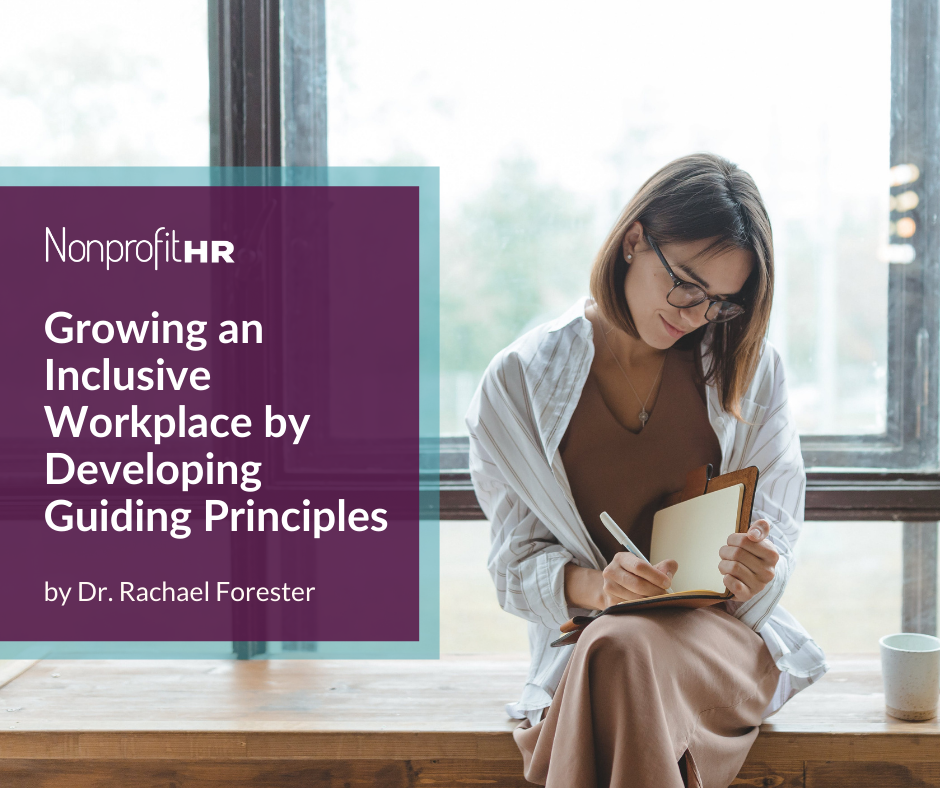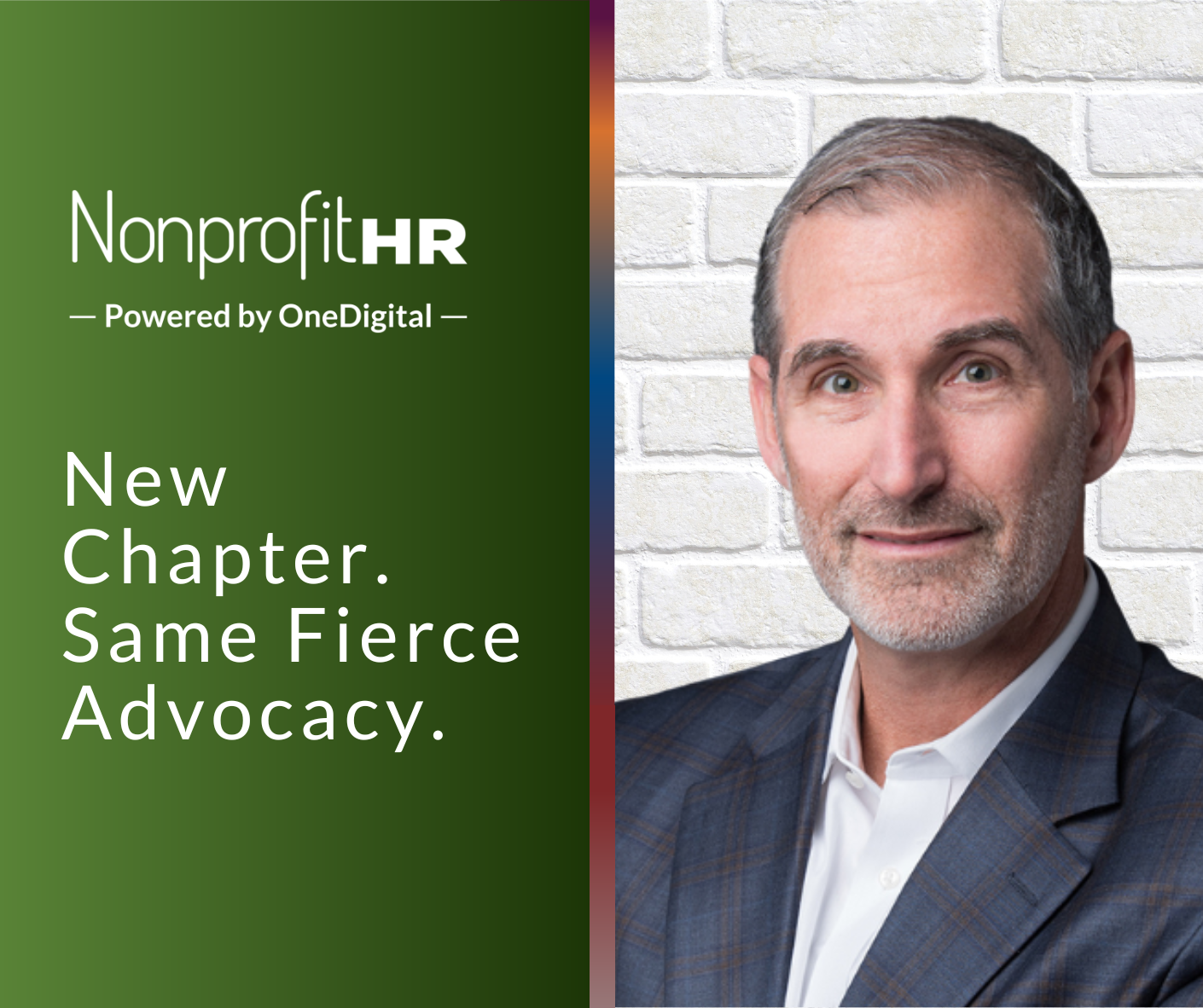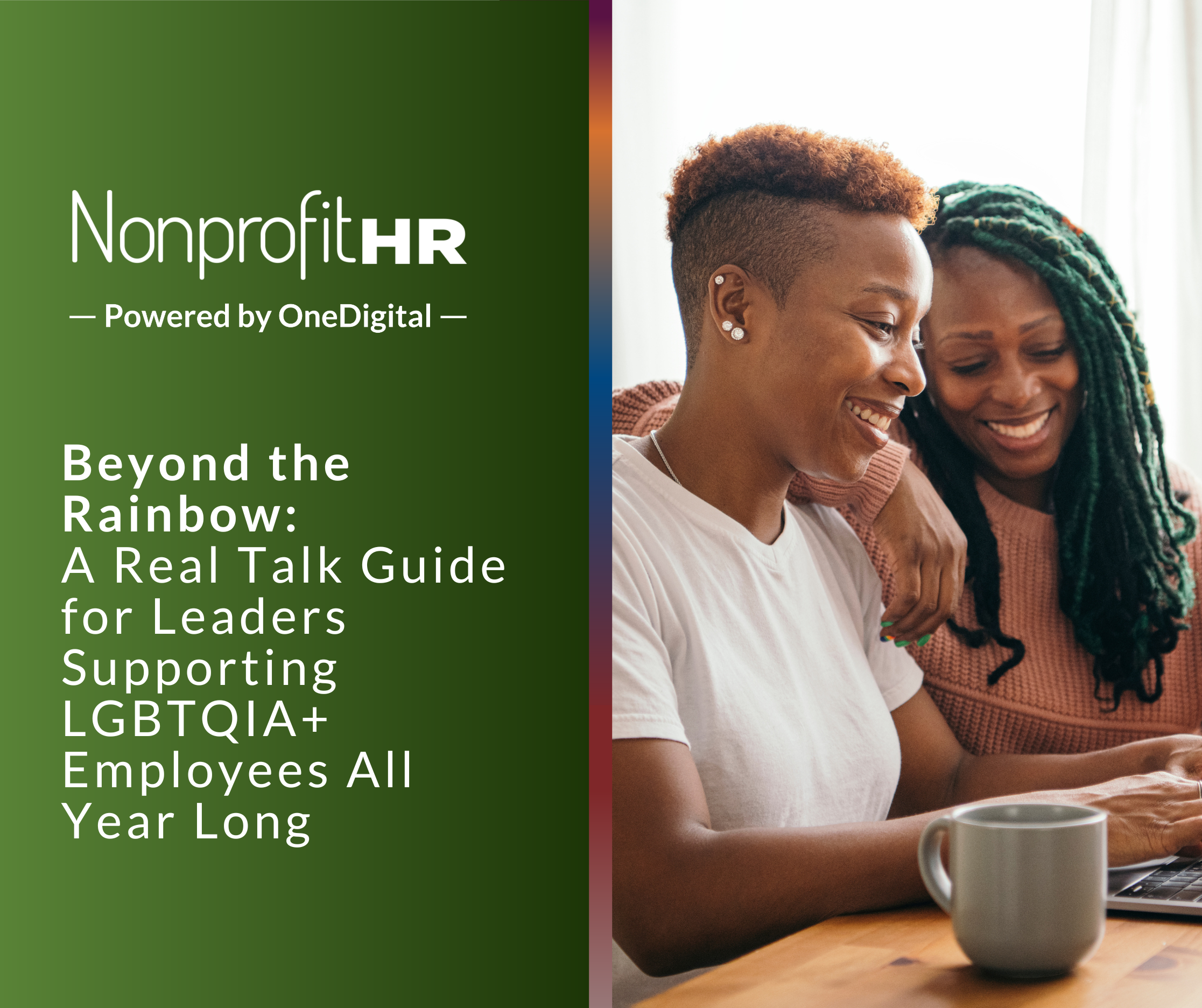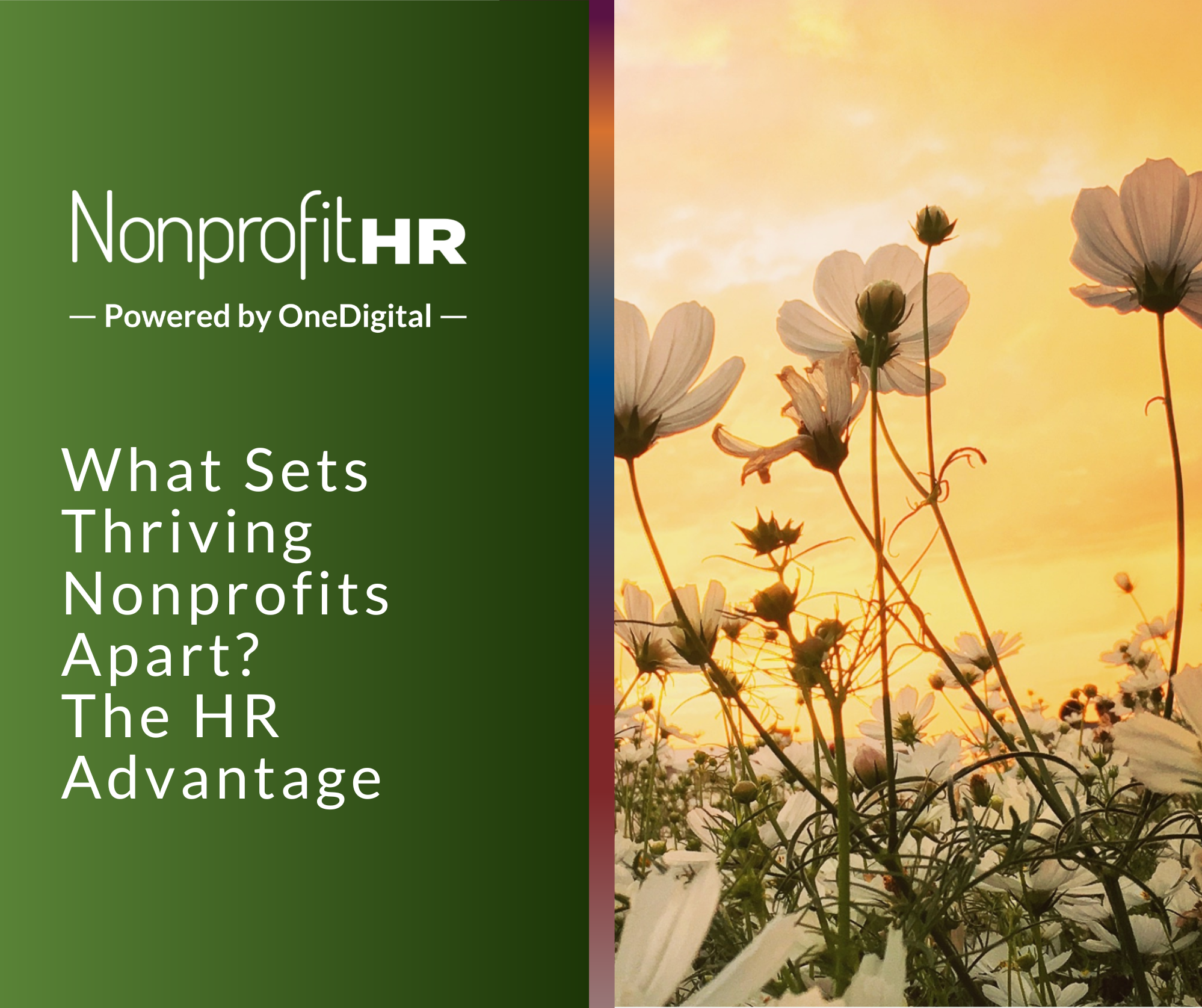WTOP: 5 ways nonprofits can…
If 2021 taught us anything, it is that a shift toward greater justice occurring and that inclusion at every aspect of society matters, especially in our workplaces. We have seen and are still experiencing what has been termed as the Great Resignation, where people are fleeing from their current jobs to new experiences and new organizations, or choosing other ways to earn a living with a renewed demand for transparency, equity and accountability. These nationwide and global changes are but a few that make it imperative for leaders to foster inclusive workplaces; ones where shared values and morals guide organizational missions, operations and interactions. Cultivating an inclusive workplace is important to ensure staff members can see themselves as fully valued and feel an ultimate sense of belonging. Having a sound set of guiding principles that leaders and staff use for decision making is key as organizations advance or begin their journey toward greater inclusion and equity. Through these principles, leaders can continue nurturing a culture that trickles down into employee experiences, how clients are served and how communities are impacted.
As a Senior DEI Consultant for Nonprofit HR, I often get asked, “How do I, as a leader, create an inclusive workplace?” Fostering a culture of inclusion encompasses many components, including creating and referring to a set of guiding principles that represent the heart of why we do what we do and serve as a framework for how we treat people. These guiding principles are ways to ground yourself in your work. As a result, your work becomes an extension and reflection of who you are and your values. Being grounded can enable you to stay centered and mission focused, especially when you may feel tired, overworked or on edge. These principles ensure your actions are in alignment with why you do what you do. Guiding principles are personalized and should be in our most authentic voice, as we need them to help us get to a place of alignment with our morals when we’re confronted with challenging scenarios.
Here are my guiding principles and I use them everyday:
Do no harm and allow no harm.
My words and actions impact others. I need to be aware of common microaggressions, the ways my biases show up, and ensure that I am not hurting the people around me. At the same time, I also need to interrupt and intervene when someone or something external causes harm to the people around me.
Be tough on systems, gentle on people (and still hold them accountable).
Across the world, there are systems of power, privilege and oppression. We have all been socialized within these systems, meaning it is inevitable we are going to perpetuate them if we aren’t intentional. I am pledging to hold systems of racism, sexism, cissexism, etc. accountable for reinforcing the harmful ways we experience one another all while holding people accountable with love, grace and connection.
Utilize myself as a tool, through which I teach others.
I make mistakes all the time and I am certain that I will continue to make mistakes. I call to the forefront examples of my mistakes, especially related to DEI, to lean in to and be vulnerable with others on their DEI journey.
Co-conspire.
I believe in the power of “with, not for.” This means that I see your liberation as directly connected to mine. It is imperative that I partner with you as I work toward greater DEI and not fall into the trap of saviorism, where I am doing something because I feel that you need me.
Love enough to critique.
Lastly, I love things enough to critique them. I love my workplace and therefore need to keep a critical lens to ensure I do not become complacent. This is how we continue to create and maintain equity.
While these guiding principles may or may not resonate with you, they serve as an example of how, as leaders, we can create an intentional leadership framework. They help us act in ways that are in alignment with who we say we are. They are for us and to make us better people. By enacting our guiding principles, others benefit in exponential ways, including by feeling valued and seen in the workplace. We encourage leaders to develop their own to assist with creating inclusive environments.
Here are some things to consider when creating your own guiding principles:
Your guiding principles should help you achieve your “why” through action.
- What is your “why”? How did you become interested in the work you do and the mission you serve? What is your purpose?
- What are your values and how do you enact them? Do people receive them in the way they are intended?
Your guiding principles should impact others in positive ways.
- What are some identities you hold and how do they influence how you view leadership?
- What are examples of things that have helped you feel a sense of belonging in each of your identities? What might people with other identities need?
Your guiding principles should center the needs of the most marginalized.
- How do you approach leadership? Right now, whose needs are being met and not met with your approach?
Your guiding principles should help you stay mission focused.
- What do you need to remember when you feel triggered or upset?
- What actions will help you achieve your mission? What are some barriers?
It is my belief that every leader can benefit from creating a set of guiding principles. The process requires us to get clear on what’s most important and to understand how that aligns with our employer, the vision and the mission. We, at Nonprofit HR, recognize that some need guidance with this type of self-reflection and are here to partner with you as you continue to grow your organization into one which embodies inclusion and belonging. We encourage you to lead with and through your guiding principles in the process. If you need help getting started on your journey, don’t hesitate to contact us. We’d love to partner with you!
Dr. Rachael Forester provides subject matter expert advice, insight and strategic direction to clients. She oversees complex client engagements, manages projects to completion and designs and facilitates DEI training solutions and assessment services to partners and stakeholders.Rachael has been doing equity work in higher education for about ten years. Rachael most recently served as the Associate Director of the Office of Identity, Equity and Engagement at UNC Charlotte where she also obtained her doctoral degree in Educational Leadership in Higher Education, focusing on racial equity. Read Rachael’s full bio.
What’s Your Personal “Why”?
To craft a set of guiding principles, the first step is to get clear on your “why.” My personal “why” is that I want the world to be a more equitable place each day. I want everyone around me to know and feel how valued they are in each and every one of their identities, at all the intersections.
Though consulting is part of my background, it was about three years ago that I supervised a team of DEI professionals for the first time. And, taking my “why” into consideration, I knew I wanted the experience to be impactful for those I supervised and myself. My primary objective was to provide an inclusive work environment where my staff could authentically bring their identities into the workplace. I wanted them to feel valued, safe and supported. I wanted them to know that their experiences and ideas mattered. That they mattered.
This led me to create a list of guiding principles for supervision, inspired by DEI educators and mentors in my life, which as a result became so much more. Informed by my personal “why,” they became the foundation for my leadership, decision making, relationship building and ultimately how I approach the world.































